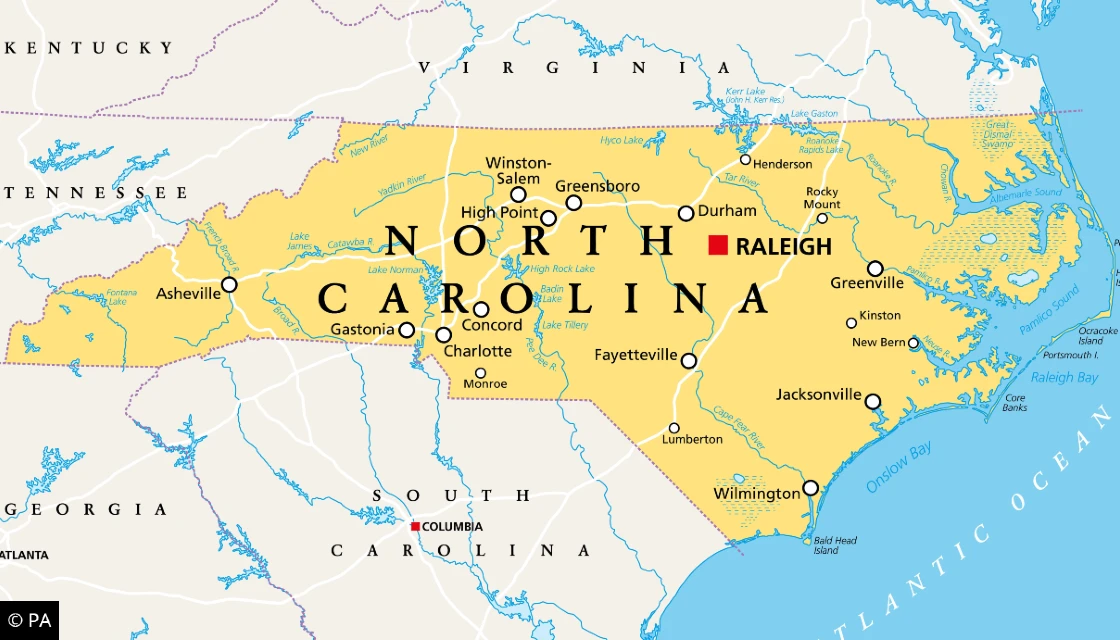Now that online North Carolina sports betting has arrived, it's worth remembering that East Carolina University is spearheading a new institute that will conduct research on trends in gambling, including the impact it has on communities and the rise in problem gambling behaviors. With both retail and mobile options available in the state, responsible gambling in North Carolina has never been more important.
The Gambling Research and Policy Initiative is led by Dr. Michelle Malkin, an assistant professor of criminal justice and criminology at the Greenville school. It’s backed by $750,000 in funding from the North Carolina Department of Health and Human Services. State funding on an annual basis also is expected.
Malkin, a leading expert on problem gambling issues, said she’s looking forward to increasing knowledge and awareness through the work the GRPI will produce.
“I never imagined I would have the resources necessary to build an interdisciplinary research team dedicated to making a difference in the gambling field and working to understand and potentially reduce the negative impacts of gambling — especially the prevalence of gambling-related harms,” she said.
Editor's note: This story has been updated from a previous Nov. 2023 version.
If you or someone you know is struggling with problem gambling, visit morethanagame.nc.gov.
Expanded Gaming Underway in N.C.
The creation of the institute, which also will have an assistant director and several research assistants, came back in November 2023, about 5 months before NC betting apps went live.
In addition, the passage of the state’s budget was tied up as a proposal emerged to legalize commercial casinos and video gaming terminals statewide to go with the three tribal casinos already located in the state. That effort did not pass last year, but many expect the state legislature to reconsider it in 2024.
Malkin said the slower expansion will help position the state to have enough resources in place as new casinos open. The state also needs to know why the eastern part of the state, where there are no casinos and less access to other forms of legal gambling, still has a problem gambling rate exceeding 5%.
“Specifically in North Carolina, we need to conduct research to understand current gambling behavior, attitudes and risk, so that expanded legalization resulting in more gambling access does not negatively impact communities and families,” Malkin said. “Research will be able to show whether gambling prevalence and risk changes over time among different regions and demographics to help identify and target communities that need education, outreach or problem gambling services. The best programs are always well evaluated and based on empirical knowledge that can only be gained through rigorous and continued research.”
Initiative Will Have National Scope
The work conducted by the institute also will go beyond the state. One of its projects will include the development of a national voluntary self-exclusion repository.
“This initiative will allow the state to monitor trends and develop resources to create meaningful changes for people whose lives have been impacted by gambling,” said Amanda Winters, the problem gambling administrator for the North Carolina Department of Health and Human Services. “The impact this initiative will have on the national, state and local level is unmeasurable."
For safe betting practices, visit our How To Bet On Sports In North Carolina guide.







